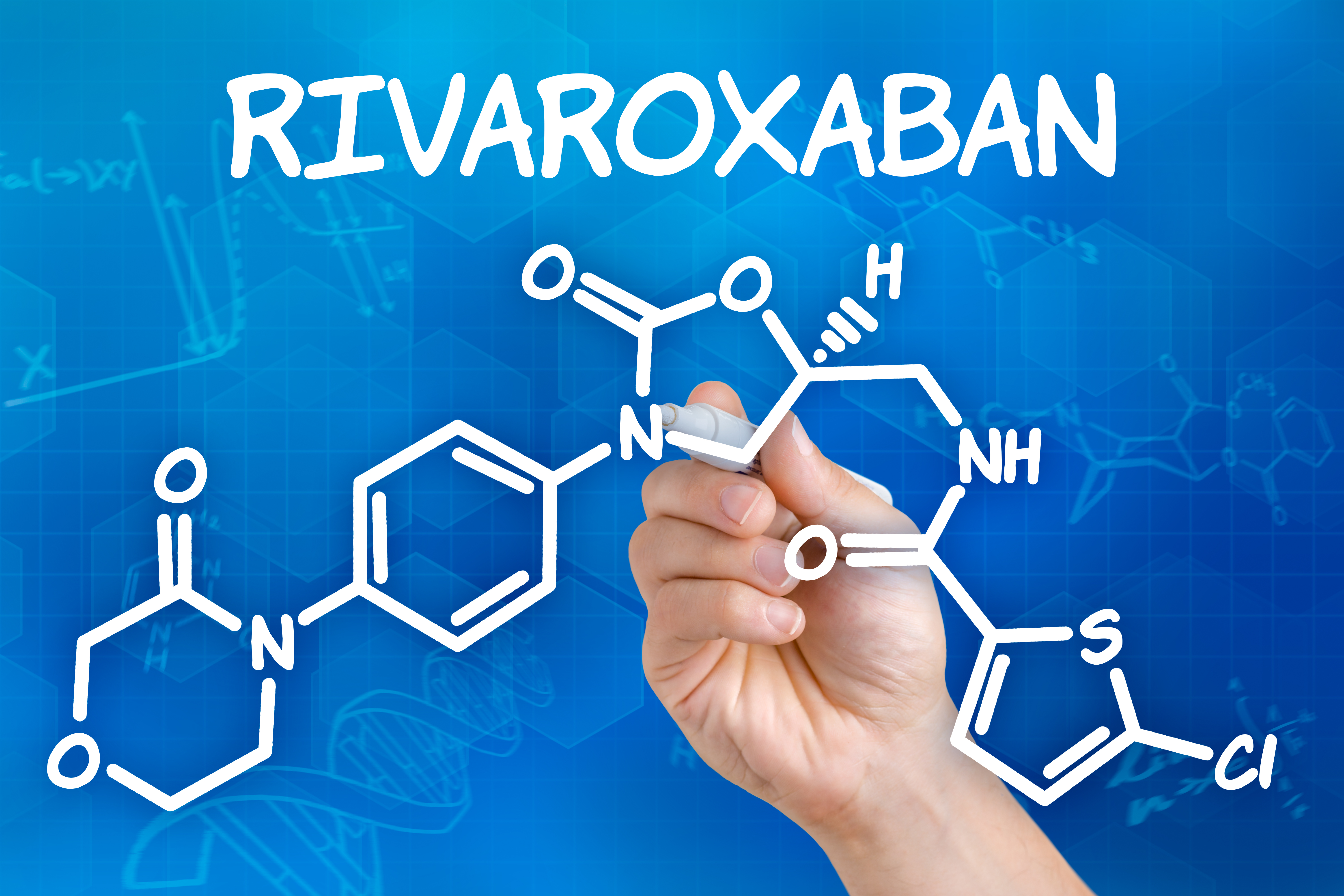
Patients with chronic kidney disease (CKD) and non-valvular atrial fibrillation (NVAF) were more likely to use vitamin K antagonists than the direct oral anticoagulant (DOAC) rivaroxaban, according to results from the XARENO trial presented as a poster at the American Heart Association Scientific Sessions 2020.
According to the poster by Reinhold Kreutz, of Charite University Medicine Berlin, and colleagues, patients with CKD and NVAF are at increased risk for ischemic stroke and hemorrhage. In addition, treatment with vitamin K antagonists has been associated with worsening renal function compared with DOACs.
XARENO is a prospective observational registry designed to evaluate if rivaroxaban better preserved renal function compared with vitamin K antagonists in clinical practice. The study included men and women with an estimated glomerular filtration rate (eGFR) between 15 and 49 mL/min per 1.73 m2 and an indication for anticoagulation. Patients treated with either a vitamin K antagonist (n=666) or rivaroxaban (n=731) were included.
The mean age of patients in the trial was 78 with 67.5% of patients aged 75 or older. The majority (70%) of patients had an eGFR of 30 mL/min per 1.73 m2. Of the remaining 30% of patients, 18% were taking vitamin K antagonists compared with only 9% taking rivaroxaban; 3% of patients were taking no anticoagulant.
“Vitamin K antagonist treatment is preferentially used in patients with CKD stage IV,” Kreutz and colleagues wrote in their poster presentation. “XARENO aims to provide important information on the real-world effectiveness and safety of rivaroxaban compared with vitamin K antagonists for these vulnerable patients with AF and concomitant CKD.”







 © 2025 Mashup Media, LLC, a Formedics Property. All Rights Reserved.
© 2025 Mashup Media, LLC, a Formedics Property. All Rights Reserved.